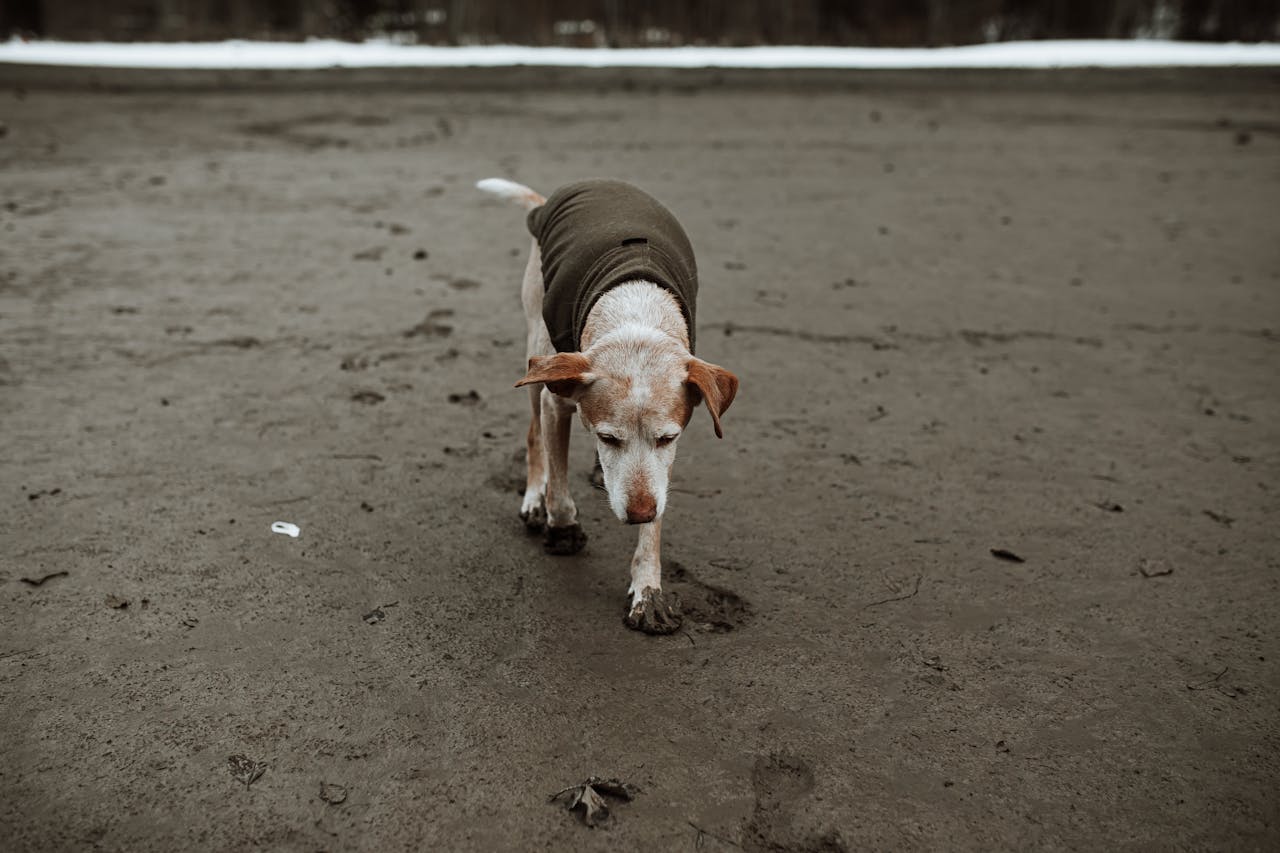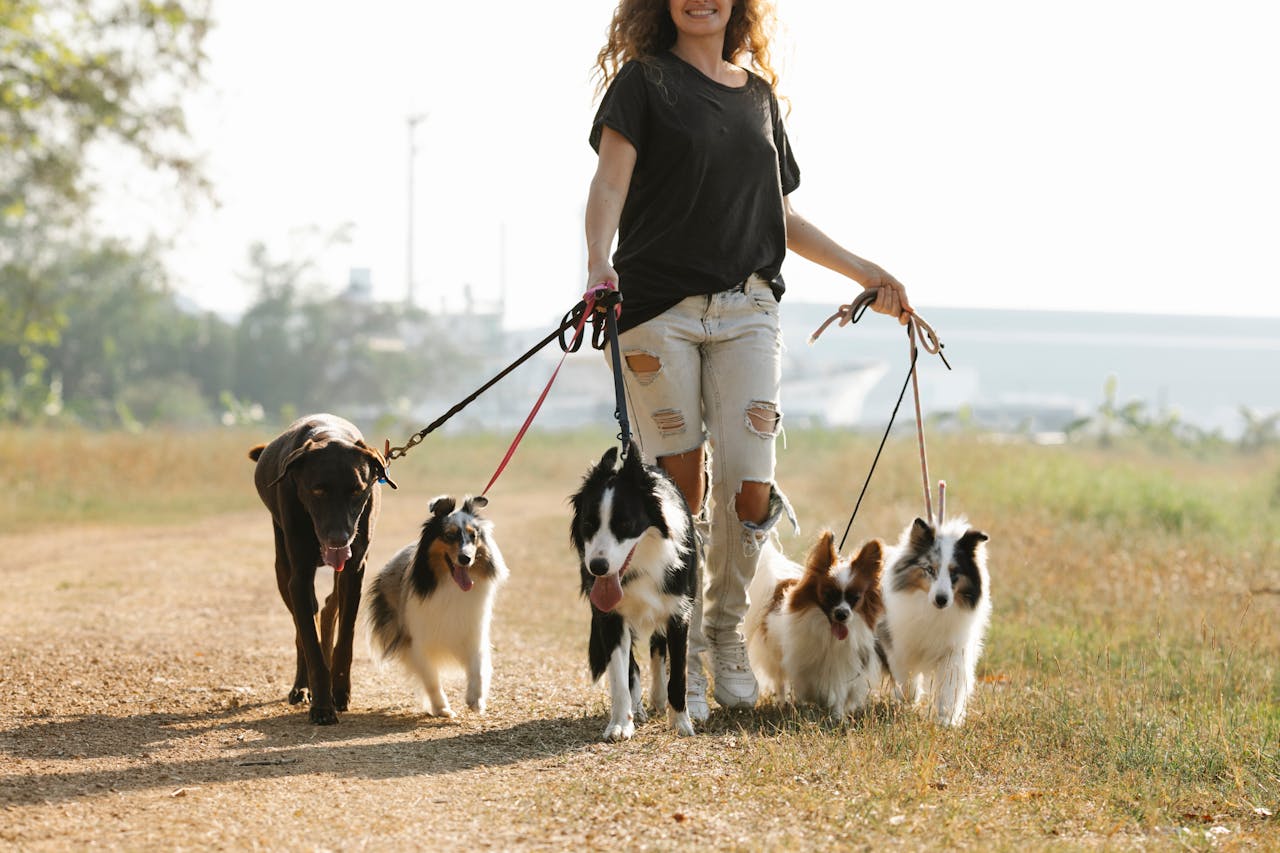Joint issues aren’t just a senior dog problem. In fact, many joint problems begin in a dog’s younger years — especially in active breeds or those with genetic predispositions.
The good news? Early signs are often subtle but noticeable, and early intervention can make all the difference.
1. Stiffness After Rest or Sleep
If your young dog limps or seems stiff when getting up, it could signal inflammation in the joints. This is especially common after long naps or intense play.
✅ Supplement with Hip & Joint Treats to support elasticity and reduce inflammation early on.
2. Reluctance to Jump or Climb
Does your pup hesitate at stairs or pause before jumping into the car? If their energy is there, but hesitation isn’t normal, their joints might be bothering them.
➡️ This could be a red flag for developing hip dysplasia or early arthritis.
3. Changes in Gait or Movement
A dog with sore joints may start to favour one side or show an uneven stride. Some dogs even sway or have a “bunny hop” walk when trying to reduce pressure on their hips.
4. Loss of Interest in Walks or Play
If your energetic pup suddenly avoids long walks or rough play, it may be due to discomfort — not disobedience.
This kind of subtle withdrawal can point to joint sensitivity or growing pains.
5. Clicking or Popping Noises
Joints that grind or click can be signs of cartilage thinning or developing dysplasia. While not always painful, it’s something to monitor and mention to your vet.
🐾 Tip: Gently feel around their hips or elbows during quiet time. Notice any flinching?
6. Breed or Genetic Risk Factors
Some breeds are more prone to joint issues — especially large dogs like Labradors, German Shepherds, or Boxers. But even small breeds can develop patella or elbow issues.
The RVC’s VetCompass programme reports that joint issues in dogs often begin before age 5 in many breeds.
How to Support Healthy Joints (Before It’s Too Late)
- ✅ Maintain a healthy weight to reduce joint stress
- ✅ Use ramps instead of stairs when possible
- ✅ Offer daily joint support with Hip & Joint Treats rich in Glucosamine, Chondroitin, and Turmeric
FAQ
Can young dogs really get arthritis?
Yes — arthritis and joint degeneration can begin at any age, particularly in fast-growing puppies or breeds with genetic risks.
What’s the best way to prevent joint problems in dogs?
Maintain a healthy weight, avoid over-exercising young dogs, and add joint-support supplements as early as 1 year old in at-risk breeds.
Author Bio
Written by Leigh Rose, founder of Pupps. Leigh collaborates with canine mobility experts and nutritionists to create safe, natural solutions for long-term joint health in dogs of all ages.
Final Thoughts
Spotting the signs of joint pain in young dogs takes a watchful eye — but it’s worth it. Early action means fewer vet visits, more playtime, and a better quality of life long-term.
💪 Start strong with Hip & Joint Treats that support cartilage, reduce inflammation, and keep your pup springing into every new day.




Leave a comment
This site is protected by hCaptcha and the hCaptcha Privacy Policy and Terms of Service apply.